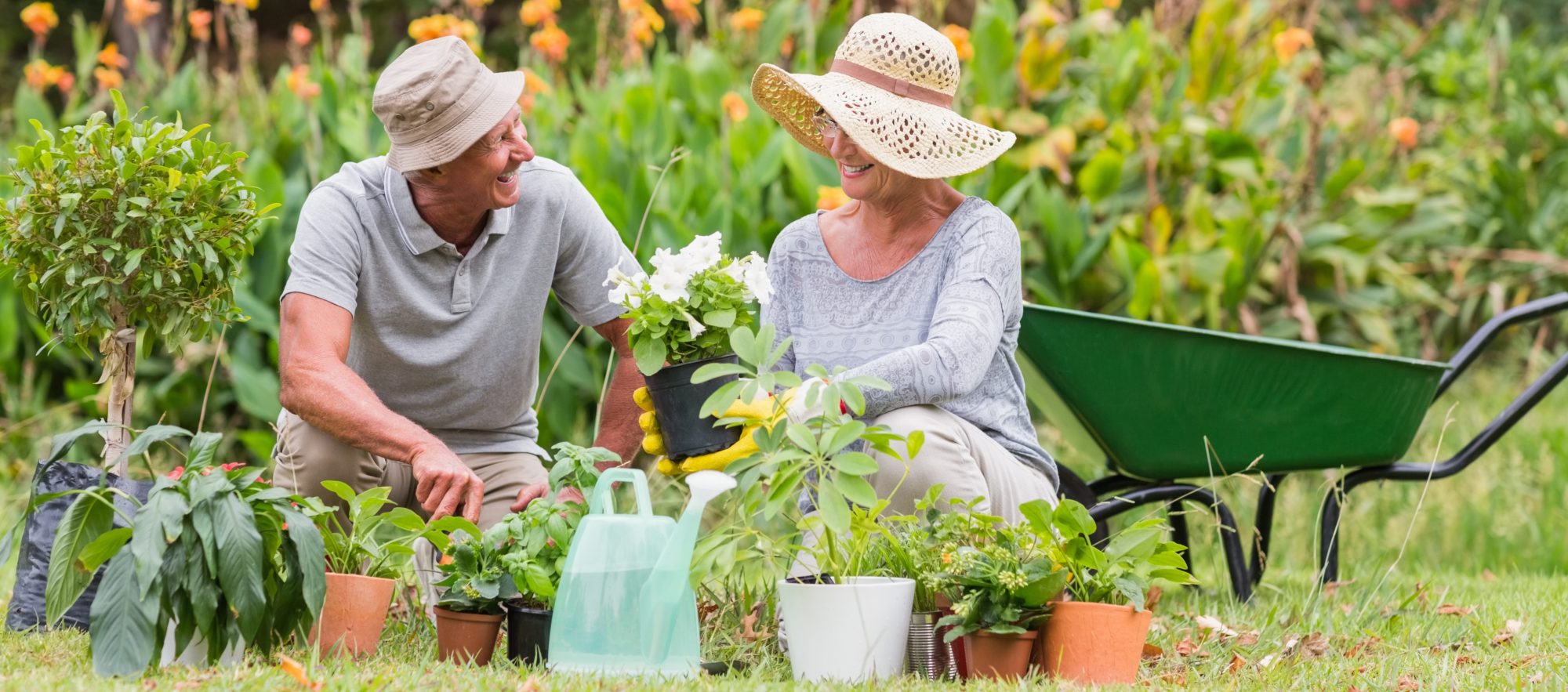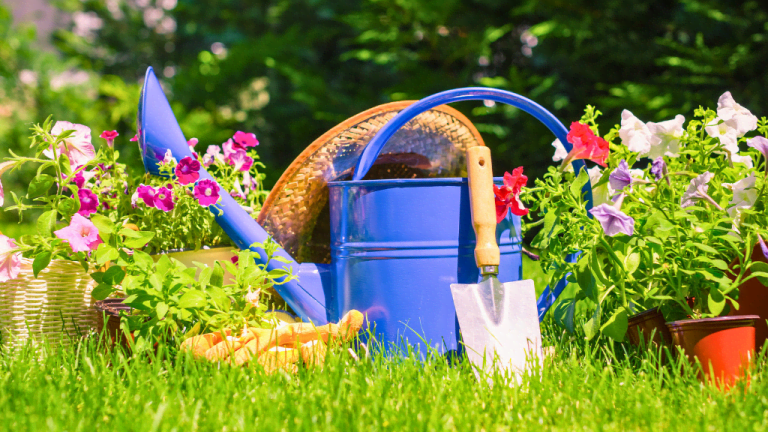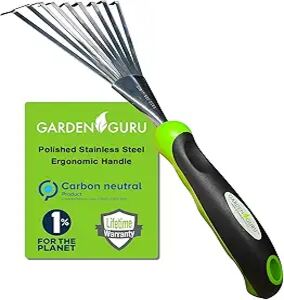Top Gardening Techniques to Boost Plant Growth and Health And Wellness
Top Gardening Techniques to Boost Plant Growth and Health And Wellness
Blog Article
Opening the Benefits of Gardening: An In-depth Take A Look At the Different Types and Their Influence on Health
Checking out the diverse benefits of horticulture exposes a range of techniques that substantially improve private wellness. As we examine these varied gardening techniques, it becomes obvious that their effect can reverberate on individual, social, and environmental degrees, motivating a closer look at how these links form a cohesive narrative of holistic health.
Kinds Of Horticulture

Blossom horticulture, one more popular category, emphasizes the aesthetic appeal of grown flowers. This type can boost landscapes and promote biodiversity by bring in useful pollinators. Likewise, herb gardening involves expanding aromatic and culinary plants, contributing both to cooking and all-natural remedies.
Container gardening deals versatility, enabling people with minimal room to involve in horticulture by utilizing pots and planters. This method is specifically preferred in urban settings. Elevated bed gardening, on the other hand, entails producing raised plots that enhance soil water drainage and ease of access, making it simpler for garden enthusiasts to manage their plants.
Finally, neighborhood horticulture cultivates collaboration amongst people in common rooms, promoting social interaction and cumulative responsibility. Each kind of gardening serves distinctive purposes and deals with different preferences, making horticulture a functional activity that can be customized to private demands and settings.
Mental Health And Wellness Advantages
Involving in numerous kinds of horticulture not only produces tangible rewards such as fresh produce and gorgeous flowers but also provides considerable psychological health and wellness advantages. Research indicates that gardening can be an effective device for decreasing stress, anxiousness, and depression. The act of often tending to plants and growing a yard fosters a sense of objective and success, which can boost total emotional wellness.
In addition, gardening motivates mindfulness, as it needs people to focus on today moment, whether it be growing seeds or nurturing development. This mindfulness practice can result in minimized rumination and enhanced mood stability. The exposure to natural environments during horticulture has actually likewise been linked to improved cognitive functioning and decreased sensations of exhaustion.
Social communication plays an essential role in mental wellness, and area horticulture campaigns give possibilities for people to link with others, cultivating a feeling of belonging. The shared experience of gardening can cultivate friendships and support networks, even more boosting psychological durability.
Physical Health And Wellness Benefits
Lots of individuals might not understand that horticulture additionally gives significant physical health and wellness benefits. Participating in horticulture activities needs an array of physical movements, get redirected here including flexing, training, digging, and planting, which jointly add to improved stamina, adaptability, and endurance. These activities can enhance cardiovascular wellness by advertising an elevated heart rate, consequently reducing the danger of heart problem.
Moreover, gardening can act as a moderate-intensity workout, helping individuals attain recommended exercise levels. Studies suggest that regular participation in gardening can shed substantial calories-- about 200-400 calories per hour, depending upon the intensity of the jobs done. Such calorie expenditure is advantageous for weight administration and overall metabolic health.
Additionally, exposure to sunlight during gardening can assist in the synthesis of vitamin D, which plays an important function in keeping bone wellness and supporting immune function. The act of horticulture often includes functioning with dirt, which has been linked to potential mental and physical wellness advantages due to the visibility of advantageous microbes.
Social Links Via Gardening
The common elements of gardening foster purposeful social links amongst individuals. Neighborhood yards, particularly, act as lively hubs where individuals from varied backgrounds integrated, cultivating not just plants however also relationships. These common areas encourage cooperation, enabling individuals to important link trade understanding, skills, and sources, thus enhancing their horticulture experience and promoting a sense of belonging.
Engagement in gardening activities usually leads to the formation of relationships and support networks. Participants frequently unite for common goals, such as planting seasons, harvest parties, or instructional workshops, which reinforce social connections and create a feeling of neighborhood. Such communications can relieve sensations of isolation and enhance psychological well-being, as people find companionship and sociability in shared undertakings.

Ecological Effect of Gardening
Gardening considerably adds to ecological sustainability in numerous methods. One of one of the most noteworthy benefits is the enhancement of biodiversity. Home gardens give vital habitats for various varieties, consisting of pollinators such as and butterflies, which are important for ecosystem wellness. By growing varied plant types, gardeners can produce a balanced setting that supports both vegetation and fauna. see here now

In addition, gardens play a vital function in water preservation. Tactical landscapes, including indigenous plants and xeriscaping, minimize water usage and prevent drainage, consequently securing local waterways from air pollution.
Verdict

The diverse types of gardening-- consisting of veggie, blossom, herb, container, and elevated bed-- contribute to mental and physical health and wellness, foster social links, and promote environmental sustainability. By involving in gardening methods, individuals can experience improved high quality of life while additionally supporting neighborhood bonds and ecological health and wellness.
Report this page